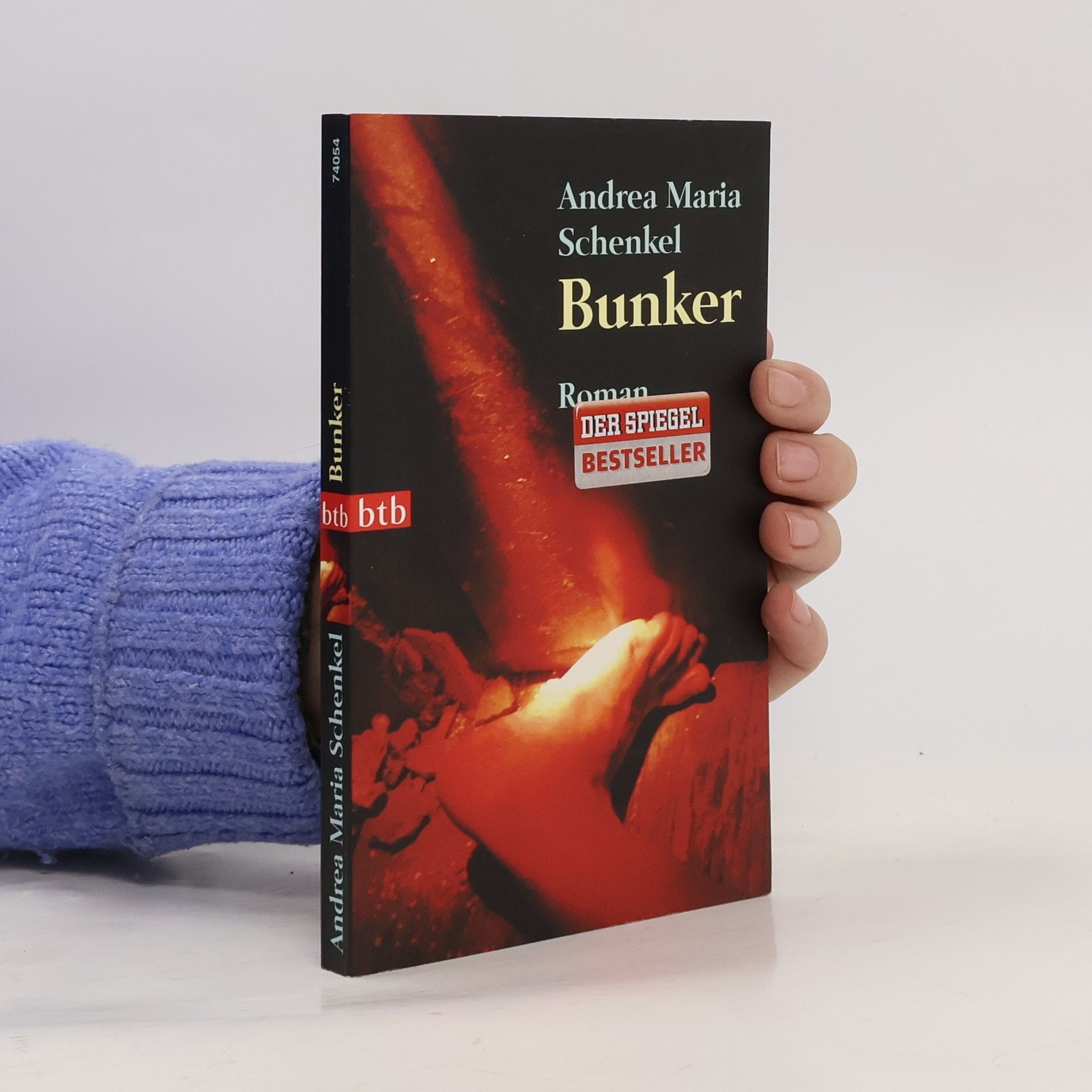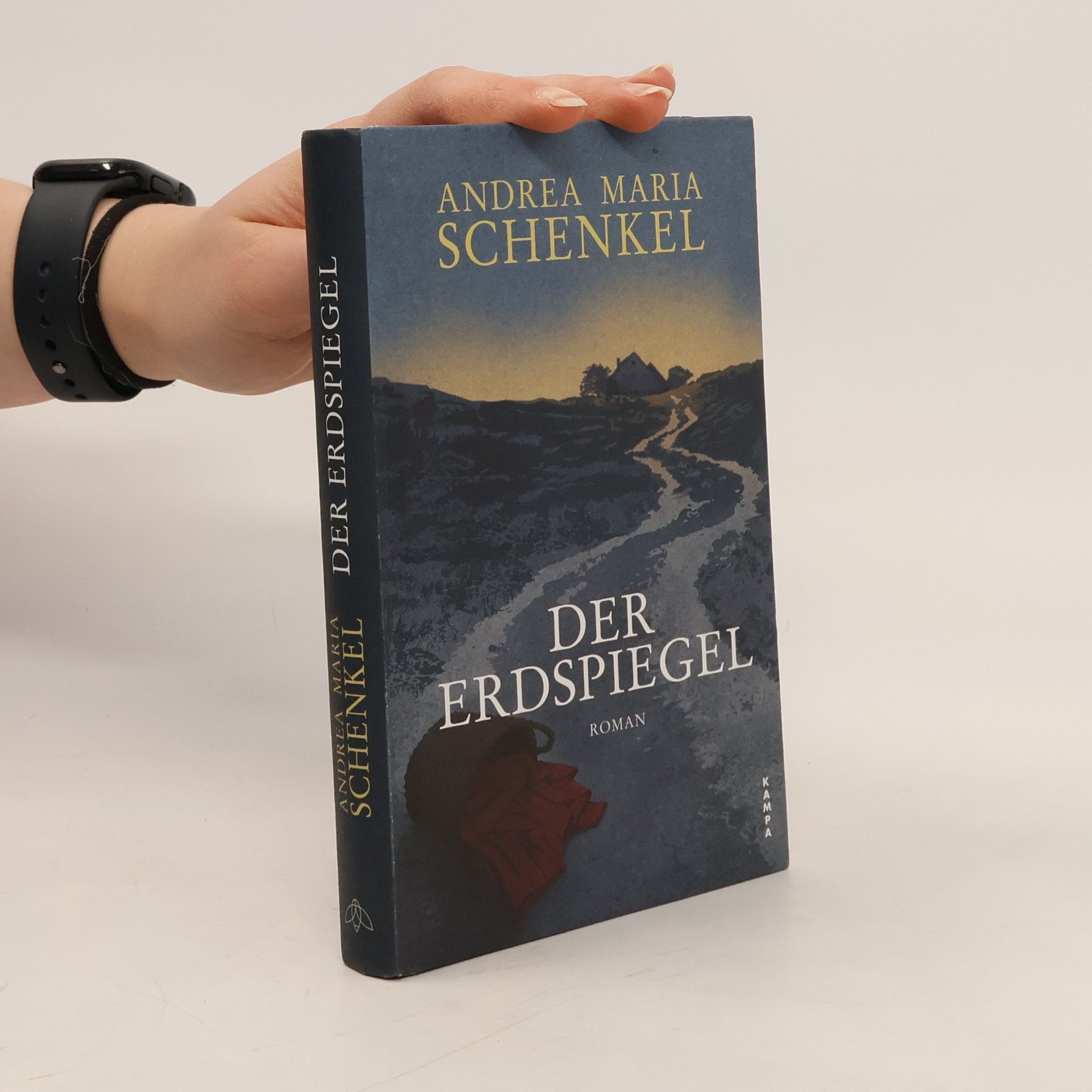Múnich, finales de los años treinta, primeros años del nazismo. Una muchacha, Kathie, sueña con vivir en la ciudad y con dejar atrás la vida limitada que lleva en su pequeño pueblo. Es una chica bonita, con el cabello oscuro y rizado, como las mujeres que han desaparecido recientemente sin rastro alguno.Josef Kalteis ha sido arrestado, acusado de la violación y el asesinato de esas mujeres desaparecidas en los alrededores de Múnich, pero ¿es realmente responsable de los crímenes?, ¿podría seguir libre el verdadero culpable?Cuando Andrea Maria Schenkel debutó con Tannöd, el lugar del crimen en una pequeña editorial alemana, el éxito fue deslumbrante, no sólo entre la prensa y la crítica sino también y de forma arrolladora entre los más de 800.000 lectores que devoraron esa insólita novela que renovaba de forma tan sorprendente el género negro.Un año después, Andrea Maria Schenkel repite la hazaña con El expediente de Josef Kalteis, ahonda en las técnicas con las que se dio a conocer y consigue confirmar el entusiasmo inicial con esta breve y contundente novela que se lee absolutamente sin respiro.
Andrea Maria Schenkel Libros

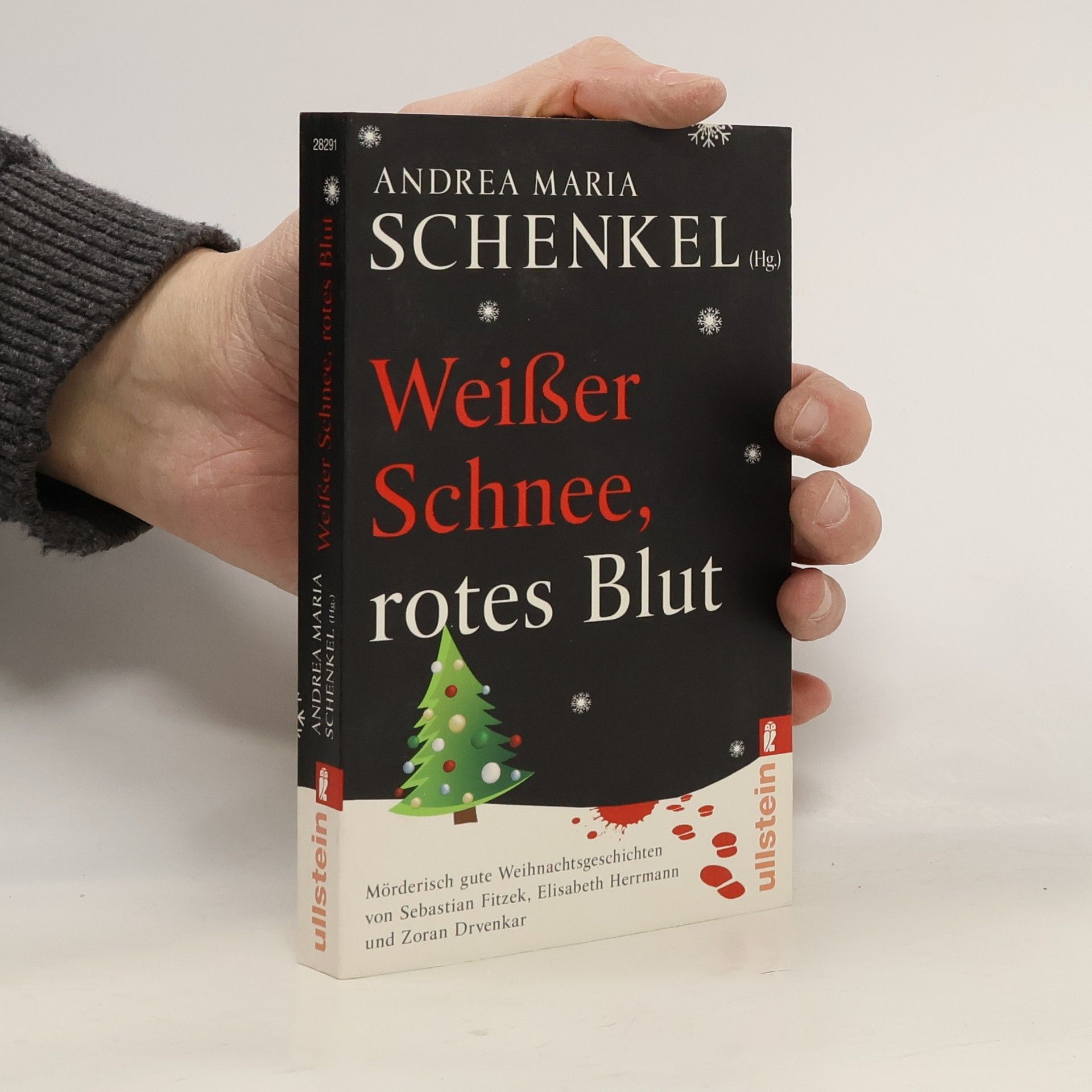
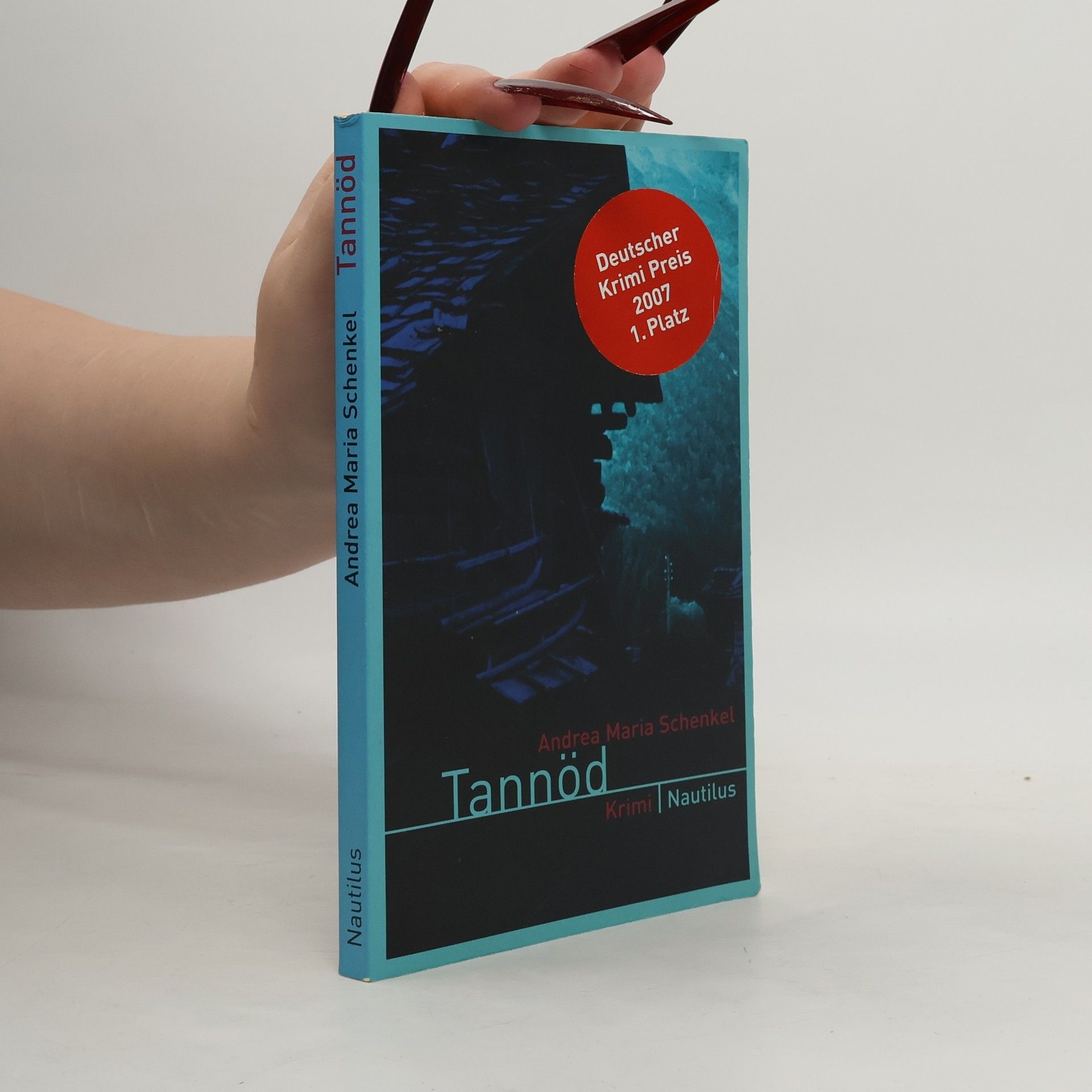


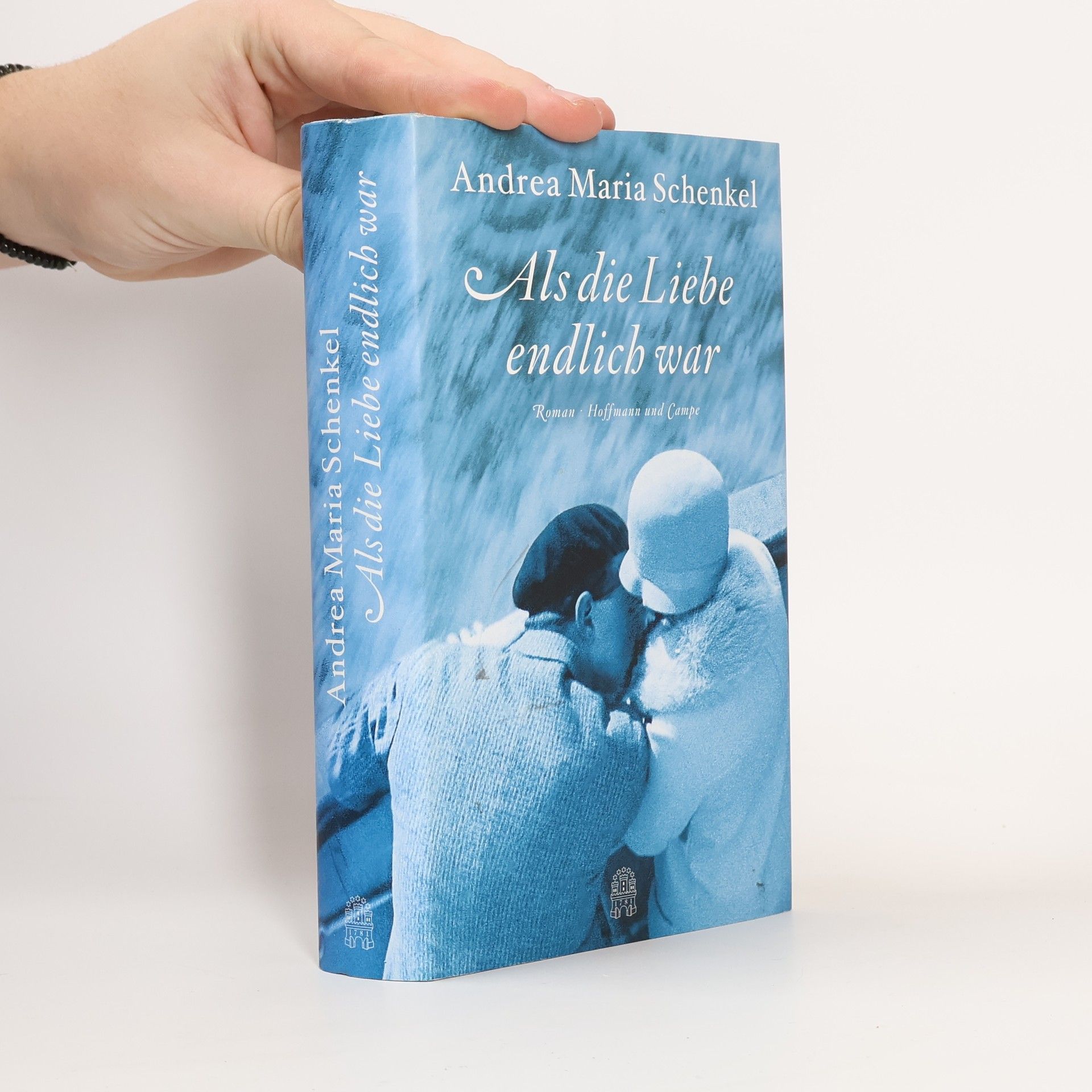

Verfolgung, Existenzangst und Neuanfänge in der Fremde - das sind die Erfahrungen des jungen Juden Carl Schwarz, als er 1950 in Brooklyn Emmi kennenlernt, die wie er aus Bayern stammt. Sie hat Deutschland nach dem Krieg verlassen, und wie er will auch sie ein neues Leben beginnen. Carl findet bei Emmi die Heimat, die er elfjährig verlassen musste, und lebenslange Liebe und Geborgenheit. Über die Vergangenheit reden beide nicht - zu schmerzhaft sind die Erinnerungen an das, was war. Jahrzehnte später wird Carl von einer Freundin gebeten, den schriftlichen Nachlass ihres verstorbenen Ehemannes durchzusehen, eines Holocaust-Überlebenden. Nur widerwillig macht sich Carl an die Arbeit - und stößt in den Briefen und Unterlagen aus dem KZ Dachau auf Hinweise aus Emmis Vergangenheit. Das Fundament aus Verschweigen und Halbwahrheiten, auf dem ihr gemeinsames Leben basierte, beginnt zu zerbrechen ...
Ein atmosphärischer Krimi um Schein und Wirklichkeit, Recht und Gerechtigkeit Ein Dorf im Bayerischen Wald, 1944: Schwanger kehrt Afra in die ärmliche Enge ihres Elternhauses zurück, das sie Jahre zuvor verlassen hat. Für ihren streng katholischen Vater ist das ein ständiger Stein des Anstoßes und die Auseinandersetzungen nehmen noch zu, nachdem das »Kind der Sünde« geboren ist. Eines Tages liegt Afra erschlagen in der Stube neben ihrem blutüberströmten Sohn … Einmal mehr hat Andrea Maria Schenkel einen historischen Mordfall in einen spannenden Krimi verwandelt, die beklemmende Atmosphäre in der Häuslerfamilie und die missgünstige Stimmung im Dorf brillant eingefangen.
Täuscher
- 237 páginas
- 9 horas de lectura
Landshut, 1922: Ein blutiger Doppelmord erschüttert ganz Süddeutschland. Als die ledige Clara Ganslmeier und ihre alte Mutter grausam ermordet in ihrer Wohnung gefunden werden, gerät die kleine bayerische Stadt in Aufruhr. Der Hauptverdächtige ist Hubert Täuscher, Sohn eines reichen Bürstenfabrikanten, das schwarze Schaf der Familie und Verlobter von Clara. Als er in den Gerichtssaal geführt wird, wo ihm wegen kaltblütigen Doppelmordes der Prozess gemacht werden soll, ist die Menge kaum noch zu halten. Aber Hubert Täuscher lässt sich nicht beirren - obwohl alle Indizien auf ihn verweisen, schweigt er beharrlich zu den Vorwürfen, beteuert bloß seine Unschuld. Ist er ein abgebrühter Mörder oder das Opfer eines Justizirrtums? Fürchtet er eine Rache, die schlimmer ist als das Todesurteil? Andrea Maria Schenkel erzählt hochspannend und psychologisch meisterhaft von einem Verbrechen, von Opfern und von Tätern - und von den Mechanismen des Verrats.
Tannöd
- 125 páginas
- 5 horas de lectura
Die Bewohner eines einsam gelegenen Hofes werden erschlagen aufgefunden. Eigenbrötler sollen sie gewesen sein, bauernschlau und geizig. Der Leser wird Zeuge des Verbrechens, das auf einem authentischen Fall beruht, und begleitet jeden Schritt des Mörders, ohne dessen Identität zu kennen. Schließlich entfalten sich die traumatischen Beziehungen innerhalb der Dorfgemeinschaft, die dazu führten, dass einer von ihnen grausam Rache nahm.
Weißer Schnee, rotes Blut
- 248 páginas
- 9 horas de lectura
Mit diesen nie zuvor veröffentlichten Geschichten wird die beschauliche Adventszeit atemlos spannend. Erleben Sie Weihnachten mit fesselnden Storys von Friedrich Ani, Anne Chaplet, Zoran Drvenkar, Sebastian Fitzek, Elisabeth Herrmann, Robert Hültner, Linus Reichlin, Andrea Maria Schenkel, Heinrich Steinfest, Michael Theurillat und Jan Costin Wagner.
Erstmals im Taschenbuch: der neue Roman der »Tannöd«-AutorinEin Mann überfällt abends eine Autovermietung, doch als die einzige noch anwesende Angestellte den erhofften Schlüssel zum Tresor nicht hat, entführt er sie in eine alte, verfallende Mühle im Wald, in der es auch einen geheimen Luftschutzbunker gibt. Will er sie als Geisel nehmen? Oder einfach seine Macht über die Gefangene auskosten? Wovon wird er selbst getrieben? Ist es jemand aus ihrer Vergangenheit, die sich bald als weniger unschuldig erweist, als es zunächst schien?
Richtet sie hin!
Historische Fälle
Gemeinhin glauben die Leute, was der Bichel sagt. Er redet wie ein gelehrter Mann, wie ein Pfarrer oder ein studierter Doktor, und ist doch nur ein einfacher Viehhändler. Aber der Bichel kann erzählen. Diese Gabe ist nicht jedem gegeben. Der Bichel versteht es, die Leute in seinen Bann zu ziehen. Einen magischen Spiegel soll der Bichel besitzen, so hört man. Darin könne man geliebte Menschen sehen. Und der Spiegel verfüge über prophetische Kräfte, sage einem die Zukunft voraus. Nur über den Erdspiegel sprechen dürfe man nicht. Schlechte Gedanken reichten, um ihn zu zerstören. Und noch viel Schlimmeres könnten Zweifel und Unglauben anrichten! Seine Kritiker schimpfen den Bichel einen Menschenfänger, doch die meisten glauben ihm, wollen ihm glauben, dass sie ein besseres, ein leichteres Leben verdient haben. Die meisten – das sind junge Mädchen, hübsche und fleißige Töchter armer Tagelöhner. Sie mögen naiv und leichtgläubig sein, aber sie haben Träume. Bis eine nach der anderen plötzlich verschwindet …
